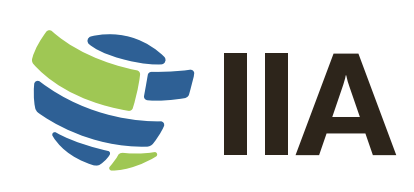Unlock Your Career Potential
This undergraduate accounting program is specifically designed to enable you to succeed in a wide range of professional environments within both the public and private sectors, including corporate accounting departments, auditing firms, taxation agencies, financial consultancies, and more. Graduates may pursue careers as entry-level accountants, financial analysts, auditors, forensic accountants, tax consultants, management accountants, or budget analysts.








